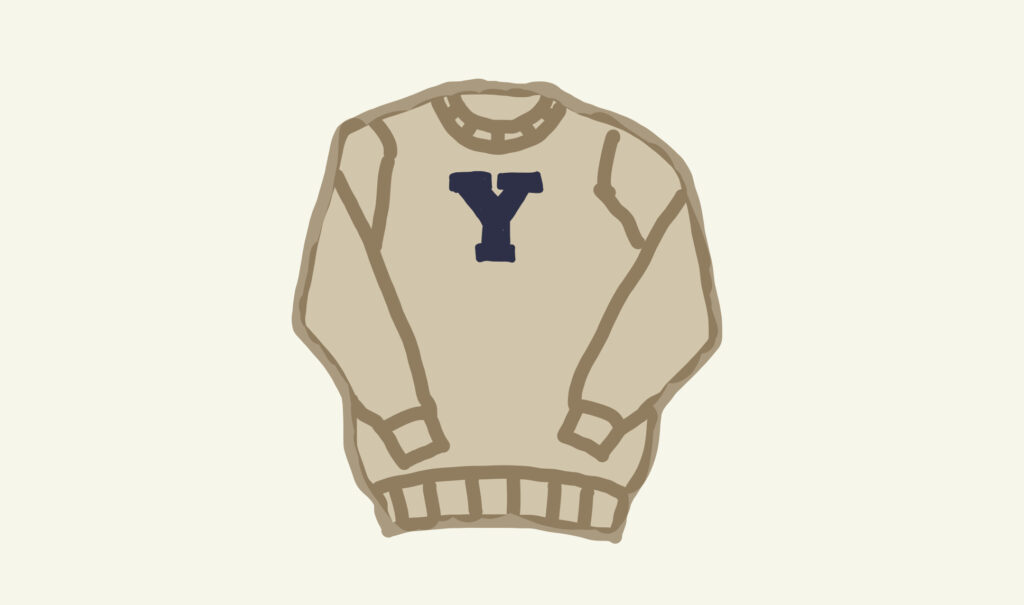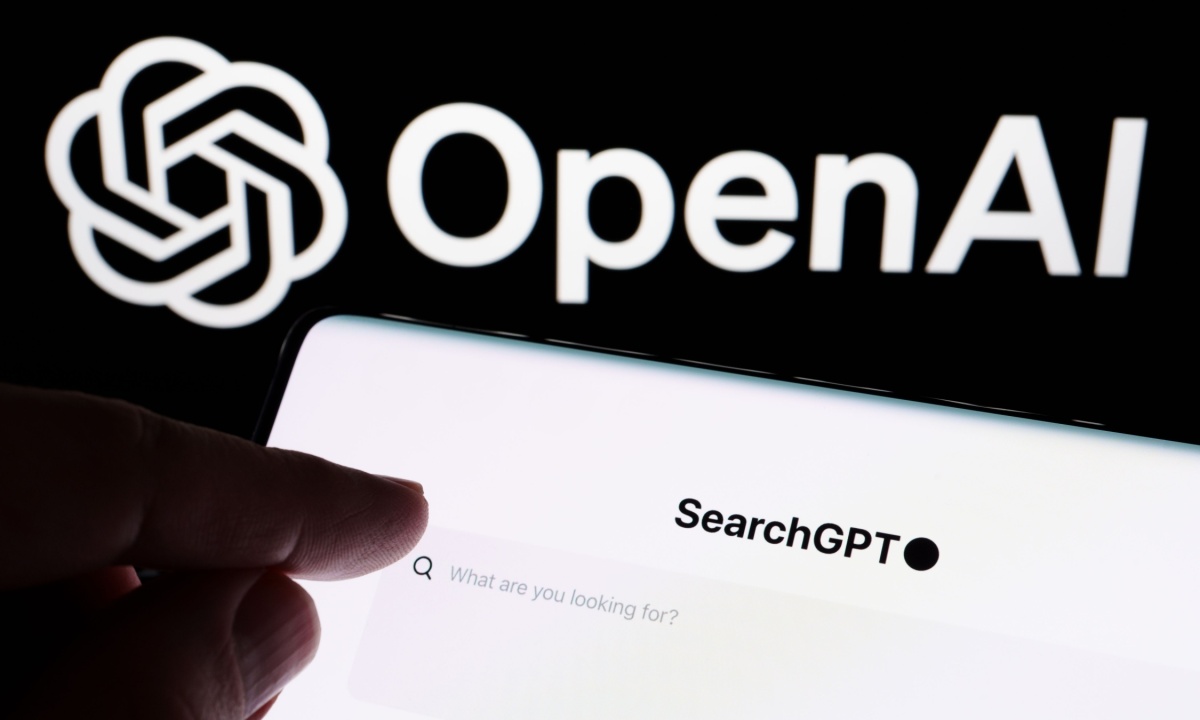Jobs
A millennial who got a better job after a layoff and over 1,000 applications explains how she would’ve changed her search
- Chantal Cowie accepted a higher-paying, remote job a few months after being laid off.
- She applied to over 1,000 jobs before landing this role.
- If Cowie did her job search over, she’d cast a more narrow net from the start.
Chantal Cowie, 30, didn’t waste time seeking new work after finding out in April she was laid off from her account manager job.
Cowie said it was heartbreaking to be laid off from the digital marketing agency she worked for because she thought she would be there for at least several years. She said she was let go because she was a recent hire, starting her role in the summer of 2023.
She said she began seeking new roles half an hour after getting laid off because getting a job is a “numbers game.” It would take submitting over 1,000 job applications, documentation shared with Business Insider showed, until she got the job offer for her current role.
If she had to redo her job search, Cowie would have done a few things differently. Her main change would have been to focus her search on her preferred industry — digital marketing — rather than casting a wide net. During her job search, she applied to several account manager, customer success manager, and project manager roles. From healthcare to tech, she said she “pretty much applied to any industry that had a job with an opening for the title I was looking for.”
A key goal of Cowie’s hunt was finding a better job. Cowie, who also talked about getting the job on TikTok, told Business Insider she hoped to land a job where she could make more than her past role. She wanted to also work fully remotely and have at least 15 days of paid time off. She didn’t want to settle for a job that didn’t have these benefits, although she said she did apply to hybrid roles, too, but wasn’t willing to compromise on her desired minimum salary. She also wanted a job with a higher title than her past role.
Sticking to her requirements paid off after a few months of job searching. Cowie got a job offer in August for a senior account manager role at a digital marketing agency, making a higher salary than her previous gig. It was also remote and had the number of PTO days a year she wanted.
“It is exactly what I was looking for with the next step in my career,” Cowie said. “I finally feel I am at a place where I am compensated adequately for my skill set by a company that shares the same values as me around work-life balance.”
How Cowie would adjust her job-search strategy if she had to do it over
Cowie said she wished she hadn’t started her job search “casting such a wide net” after being laid off, instead focusing on account manager positions at digital marketing agencies.
She said if she wasn’t looking so broadly, then she would’ve spent a good amount of time on each of those applications and really customized them for each specific role.
Cowie thinks that if she had done this, it might have increased her rate of getting interviews for the jobs she applied for.
While Cowie would have tweaked her strategy, she thinks it may have still taken at least 1,000 job applications to get a job she wanted, especially given the competitive labor market and the wider competition for remote jobs.
“In my opinion, it is a numbers game and also a matter of time in terms of there could be a job that doesn’t have an opening right now that opens up an opening next month that’s a perfect fit for you,” Cowie said. “You just have to wait it out and see what is there in the job market.”
She said she also would have made sure her résumés were readable by AI tools.
However, Cowie doesn’t regret waiting out for a full-time position that met her needs. She said she had a chance at a job for an account management role shortly after being laid off, but it was a contract job paying less than she was hoping for. Plus, she wanted to take more time applying since this potential opportunity came early in her unemployment, so she passed on this gig.
“Towards the end of my job search, when I didn’t have anything, I was like, ‘Oh my God, did I make a huge mistake? Should I have just accepted that so I would’ve had an income?’ And I’m really proud of myself for not doing that because I held out for something better,” she said.
Cowie said she wouldn’t have changed how she networked during her job search, relying on both her friend circle and LinkedIn.
She also thinks it’s important to ask certain questions about topics like work-life balance and company turnover during job interviews.
Cowie finds it can be tough to even get to the interview stage. She said if people let that get to them, it can make them feel less motivated in job searching, and they could end up giving up on benefits they are hoping to get in their next role just to get a job.
She believes there are a lot of unemployed workers who are qualified for work, but people are up against other job seekers and AI résumé screeners that recruiters may use. Cowie said that unemployed people looking for work should be aware that their mindset will have an effect on how they deal with the job search period.
“You’re dealing with a lot of rejection on a daily basis, and I think it’s really important to constantly remind yourself that it is not a reflection on your value or your ability to perform well as an employee and the skills that you bring to the table,” she said.
Have you found a job after being laid off, or are you still job searching? Email this reporter to share your job-search experience at mhoff@businessinsider.com.









